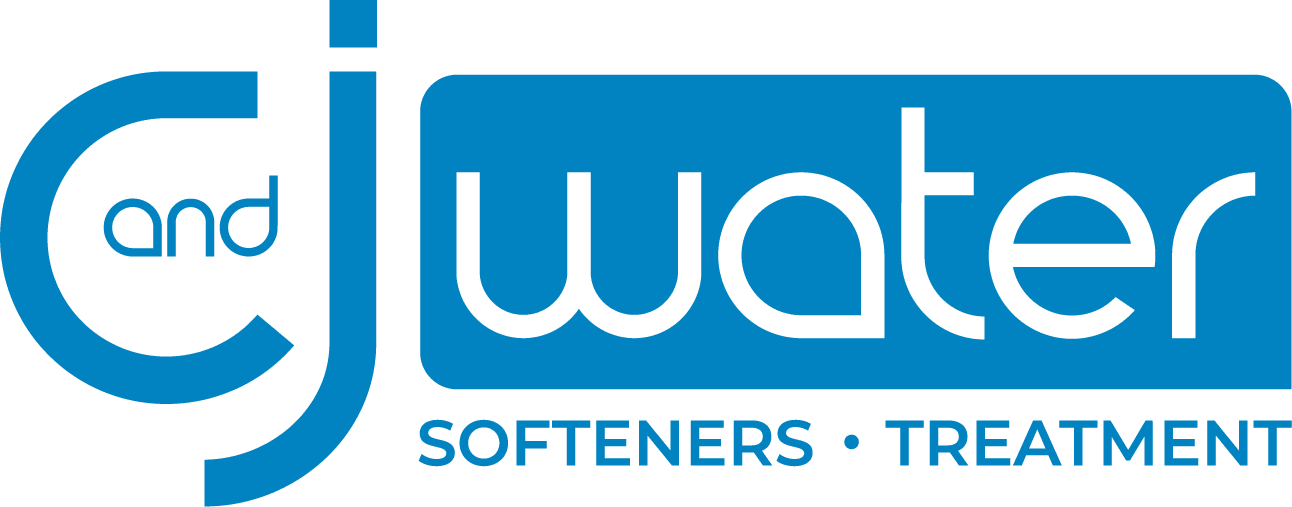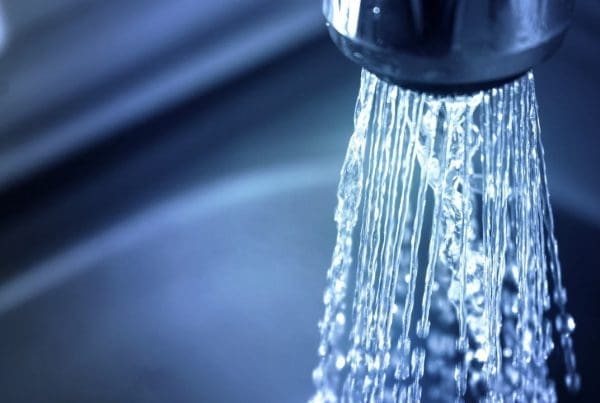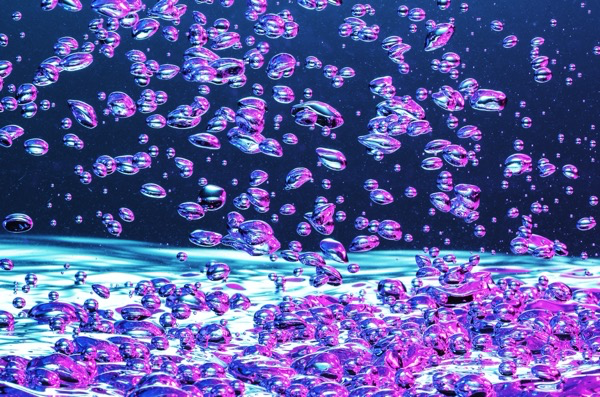Whether you’re on a well or a municipal water supply, having a water softener at home offers all kinds of benefits. However, as good as they are, these systems aren’t perfect.
Today, we want to talk about adding a second line of defense against impurities in your home’s drinking water. Also, keep reading to find out how you can take advantage of a special seasonal offer at C and J Water. But you need to hurry, as this offer ends soon!

What Exactly is Reverse Osmosis?
Although lots of people have heard of reverse osmosis (RO) before, not everyone understands how it works. RO systems rely on pressure and a semipermeable membrane to remove dissolved solids from water. Think of these membranes as a very high-tech sponge. They soak up and trap all sorts of debris, including salts, lead, pesticides, chlorine, and more, as water is “pushed” through the membrane. Since H2O molecules are smaller than these particulates that pollute it, the only thing able to make it through to the other side of the membrane is pure, delicious water. RO is one of the best methods of water purification and is used around the world to turn seawater, wastewater, and other non-potable sources into water that’s absolutely safe to drink.
RO systems can be as large and complex as an oil refinery, but small residential systems that work just as well can fit inside your closet.
How RO Improves a Water Softener
You notice we mentioned seawater in the last section. What’s the one main factor that prevents us from drinking a glass of water right out of the ocean? You guessed it – salt. Thanks to those semipermeable membranes, RO systems remove the salt with surprising ease. Since water softeners often rely on salt to treat hard water, having an RO system connected to your home water purification process can improve the taste and purity of your tap water even more.
Another big selling point for having both systems at home is the potential cost savings. Ask anyone with a water softener, and they’ll tell you that as the system eliminates hard water, it also saves money by increasing the lifespan of plumbing pipes, fixtures, and appliances while reducing the amount of dish and laundry detergents used. Clothes and linens last longer, and families use less shampoo and soap while bathing. RO systems cost just pennies per gallon to further improve softened water, reducing a family’s reliance on bottled water and sugary drinks.
So despite the startup costs, a water softener and reverse osmosis system working in tandem at home can pay for themselves through reduced waste and improved health and safety for your family.
What About That Special Offer?
Get in touch with us today and ask about our full range of Indiana water treatment services. At C and J Water, we want to help our customers save on water treatment costs. Check out our Seasonal Special and save on water treatment equipment!




